Pembroke Opens Its Doors!
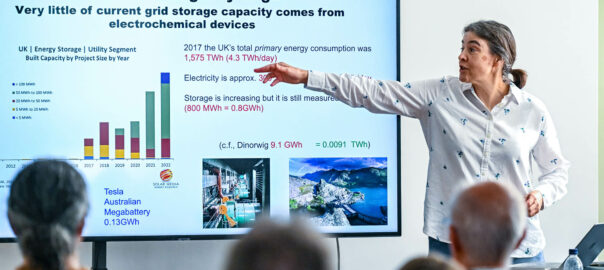
A benevolent side to larger capital projects today requires a commitment for the development to serve and engage the local community. Accordingly, almost three months to the day after the private June opening for donors, to coincide with Cambridge’s annual “alumni weekend”, on the third Saturday of September, Pembroke officially welcomed members of the public into ‘Phase 1’ of the Mill Lane site with the free ‘Open Doors’ festival. Read More
‘Phase 1’ of Mill Lane opens!
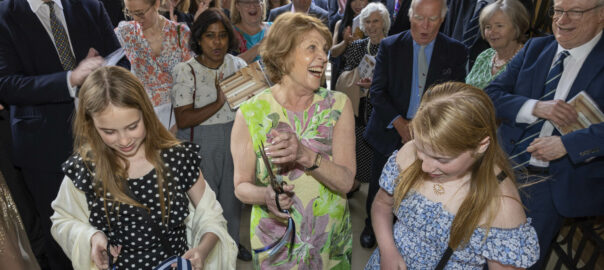
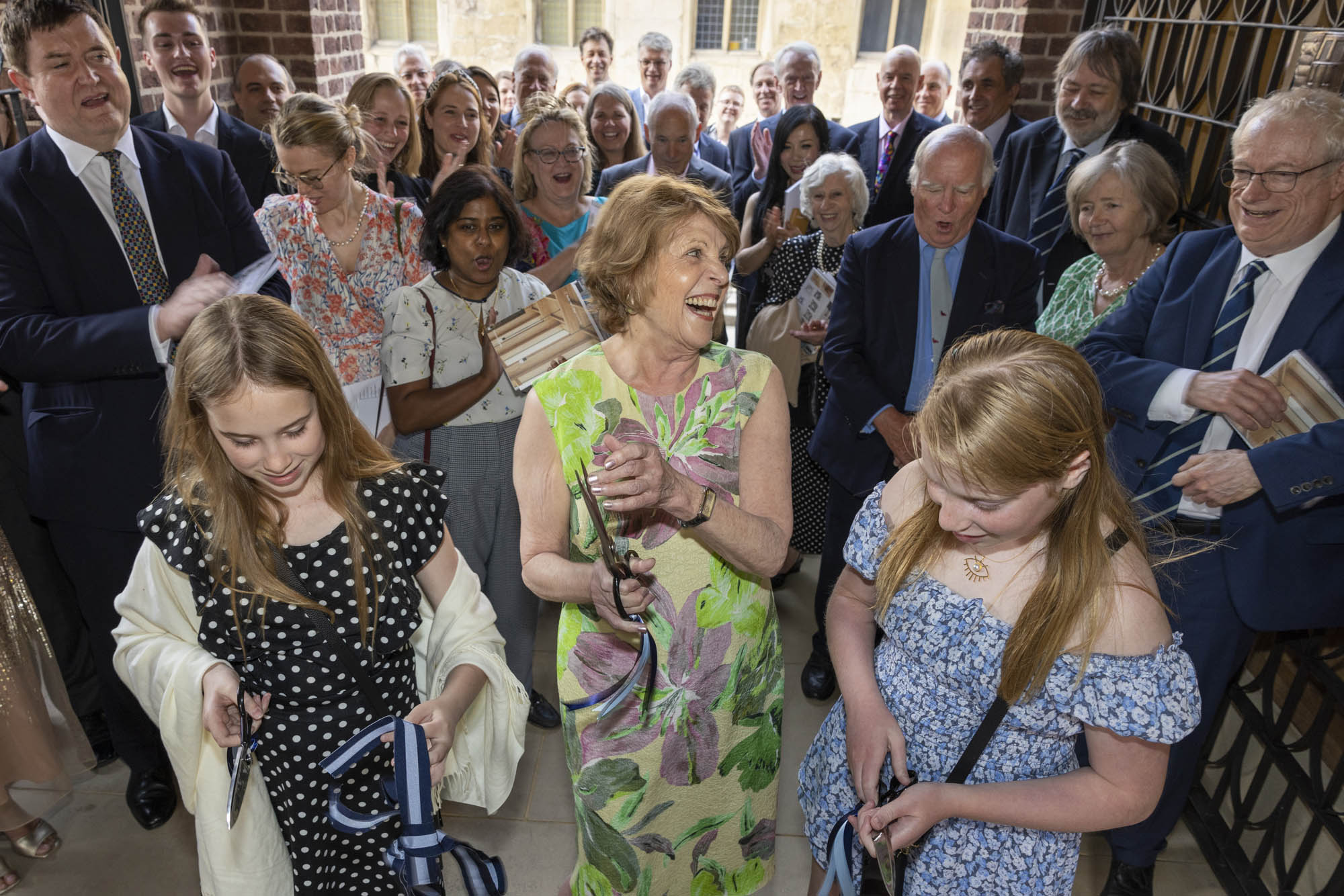
2023’s annual May Week Benefactors’ Reception was extra special. Following the College’s traditional refreshments of strawberries, champagne and canapes on Library Lawn, donors were invited to head over for a private opening of the ‘Phase 1’ portion of the Mill Lane site. Read More
Remembering Ray
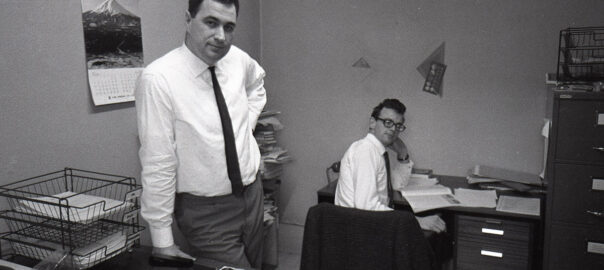
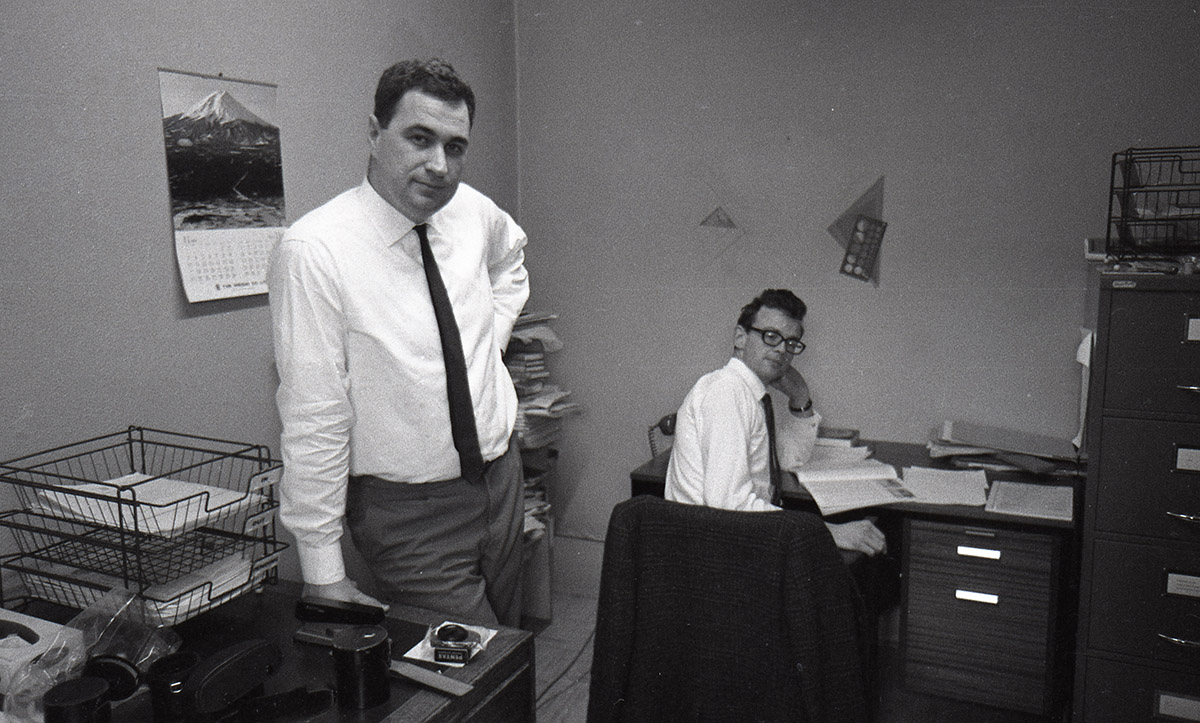
David Robinson (1959) met Ray Dolby (1957) at Pembroke and worked with him for over forty years at Dolby Laboratories (producing Dolby Sound, Visual & Display Technology). Here, David recounts Ray as a man of innovation and social conscience, and one who led by actions, not words. Read More
4 Mill Lane is officially open!
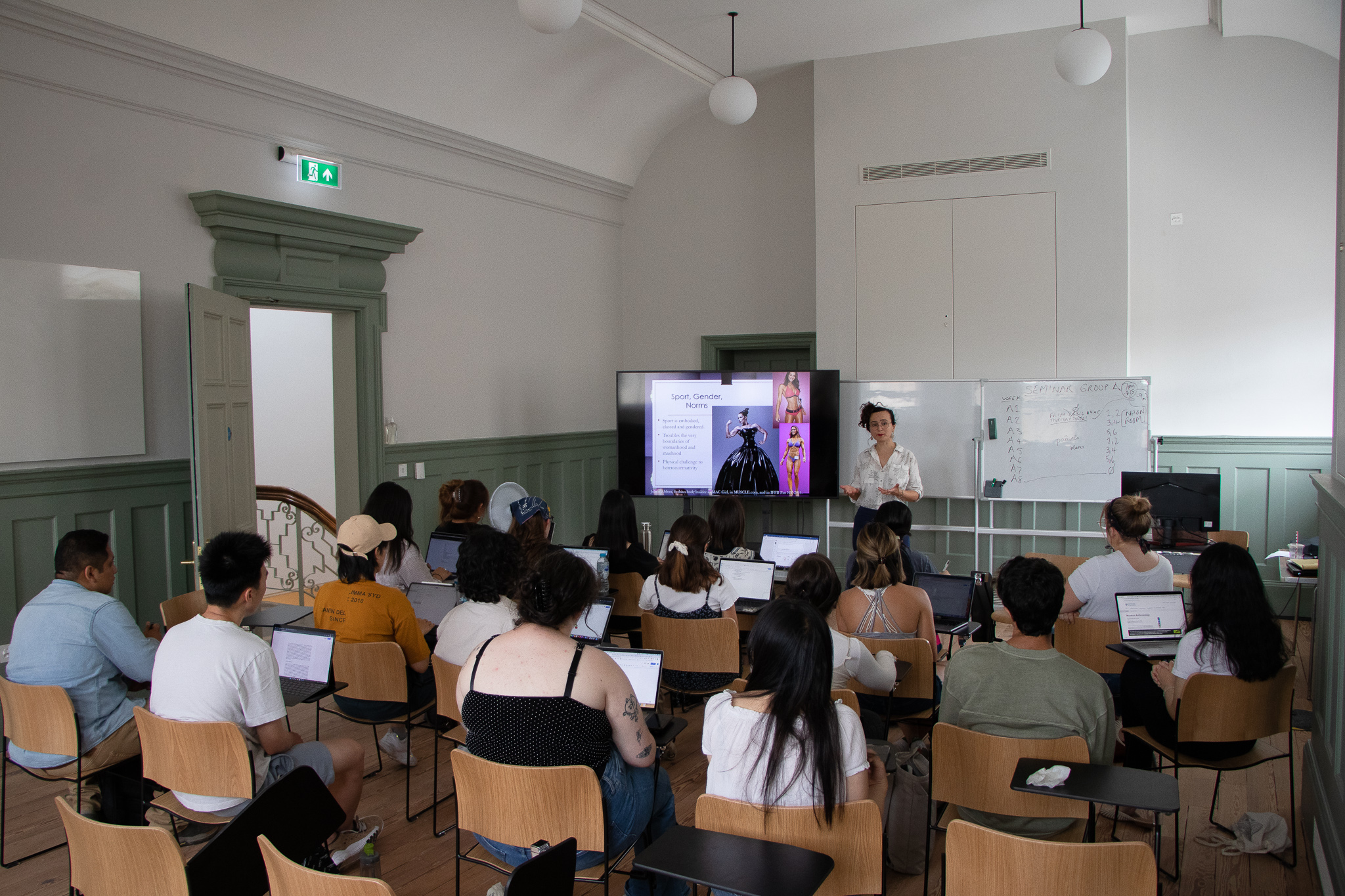
We are delighted to announce that 4 Mill Lane is officially open and being put to good use by the students of Pembroke’s Cambridge Summer Programme.
The Programme accepts university students from around the world and provides them with a taste of a Cambridge education. For the first time since the pandemic began, Pembroke is welcoming back these students in person. In previous years, it was necessary for Pembroke to partner with other colleges to aid in teaching and accommodating students. 2022 will be the first year that Pembroke is able to undertake this independently.
“The Pembroke Cambridge Summer Programme is now in full swing and we are delighted to have our first group of students enjoying the teaching room facilities at 4 Mill Lane. It’s the first summer where all students are living in Pembroke accommodation and all teaching is delivered on-site, so our students can enjoy a fully authentic Pembroke experience during their time here” said Pembroke’s Director of International Programmes, Dr Daniela Passolt. “Having our own teaching space so close to the main College site and International Programmes Office has helped us to run our programme much more efficiently. We are so excited to be in 4 Mill Lane and are looking forward to hosting our programmes here over the coming years.”
Pembroke is hosting over 200 international students for its first solo summer programme, an impressive number during a pandemic, with factors such as an increase in cancellations due to Covid cases, and much uncertainty about quarantining and steep flight prices. Rosie Lawrence, Director of the Pembroke Cambridge Summer Programme, was thrilled to be surmounting these obstacles: “There has been a lot of change in the International Programmes Department since the pandemic and we have really missed having students with us in Pembroke. It’s been absolutely wonderful returning to normality and welcoming students to Cambridge again and we are looking forward to welcoming even more in the future.”
4 Mill Lane may already be familiar to some as the former home of the University’s Board of Graduate Studies, where postgraduates would drop off their PhDs for assessment in the letterbox by the (in)famous red door. Repurposing this University building has given Pembroke the best of both worlds. It pays homage to historic architecture by restoring original timber and tiled floors, but also boasts flexible new teaching spaces with multifunctional rooms and modern finishes, such as acoustic plaster finishes to the ceiling and flush-mounted magnetic whiteboards and digital screens, to deliver an excellent learning environment. 4 Mill Lane also enjoys a Recital Room for performances (currently used for teaching), which has been funded by one of our generous donors. The room will be kitted out with a premium Steinway to enable recitals from world-class performers and skilled students and Fellows alike.
Going forward, 4 Mill Lane will be the “Learning and Wellbeing Centre” and will welcome its first cohort of Pembroke scholars in Michaelmas 2022.
Goodbye Miller’s Yard, onward to Dolby Court!
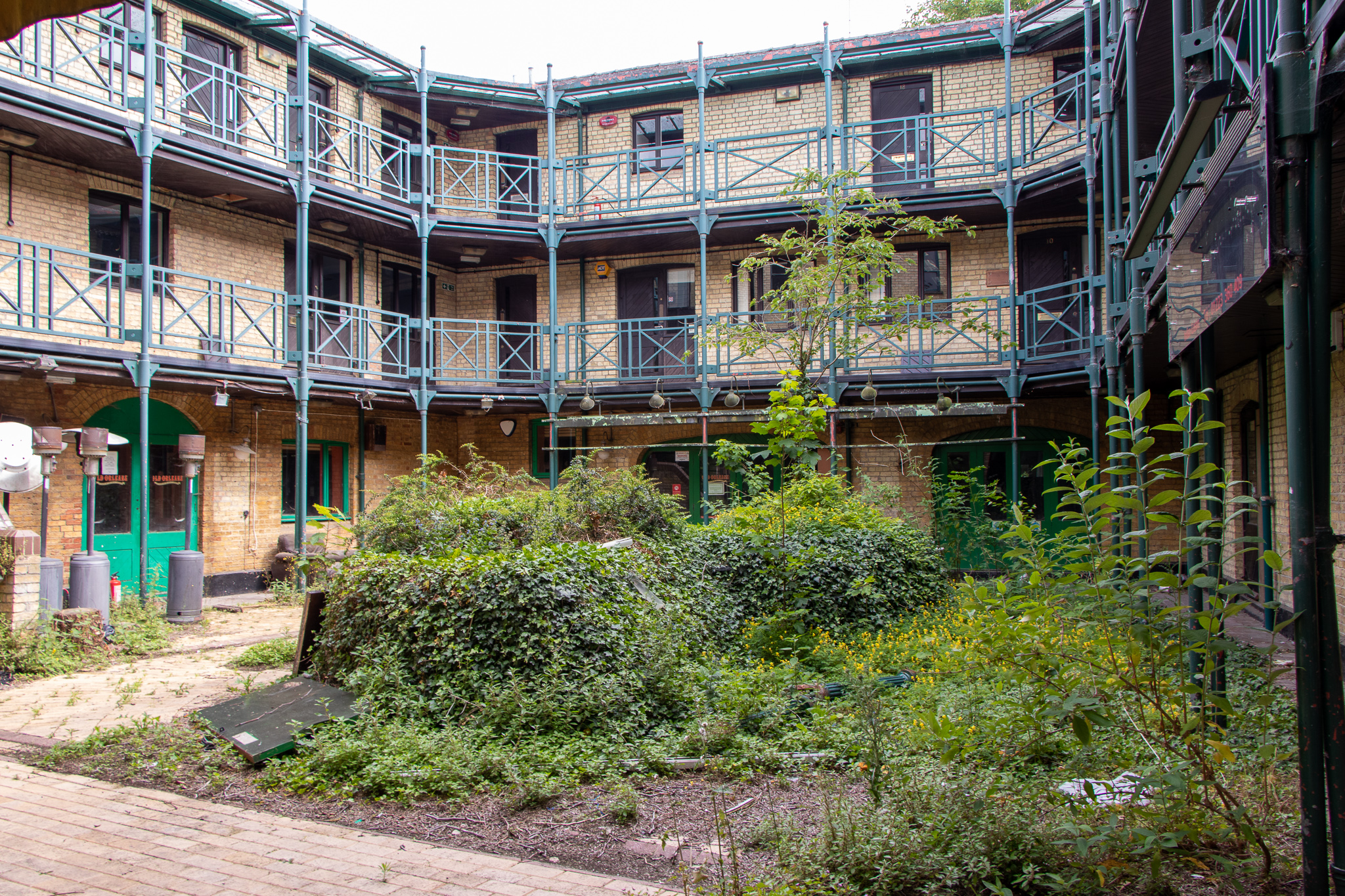
In February 2022, Pembroke’s contractors began the demolition of Miller’s Yard. You may remember frequenting this courtyard when it was the location of some of Cambridge’s hidden gems – the beloved noodle bar, Dojo, and its not quite so beloved neighbour Old Orleans, home of Cajun cooking in Cambridge. Rest assured, the iconic The Mill pub won’t be going anywhere.
The area formerly known as Miller’s Yard will be flanked by a new auditorium on Mill Lane for lectures and performances. This is due to be completed in early 2023. Looking onto Mill Lane itself, there will be a new, bigger and better gym, which is great news for the various Pembroke sports clubs and part of our “healthy body, healthy mind” commitment.
The old Miller’s Yard area will also provide much-needed additional bicycle access as well as a dedicated pick-up / drop-off area for students at the beginning and end of term, happy news for those who have experienced the bottleneck on Tennis Court Road at the very back of College every October and June.
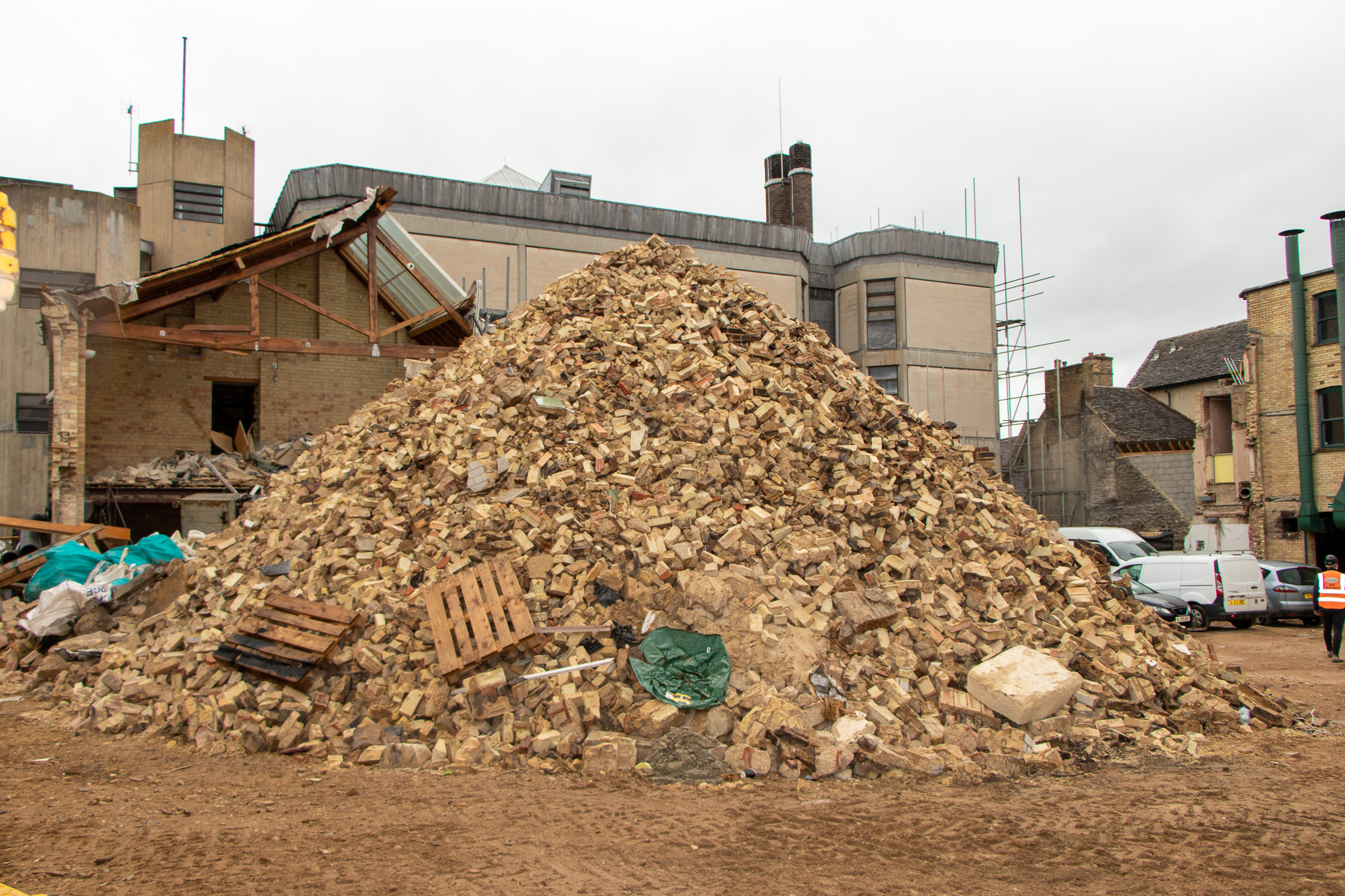
By demolishing Miller’s Yard, the construction team were able to access the University’s old 1930’s lecture block, the mention of which may send shivers down the spines of many former students as the memories of exam horrors past come flooding back. We are happy to share the news of the subsequent demolition of the aforementioned Mill Lane lecture block, and prompt, we trust, a cathartic cheer from many readers.
The College is delighted at this significant step closer to the construction of Dolby Court and the main site, ready for the public in 2024.
Fundraising for Café 84
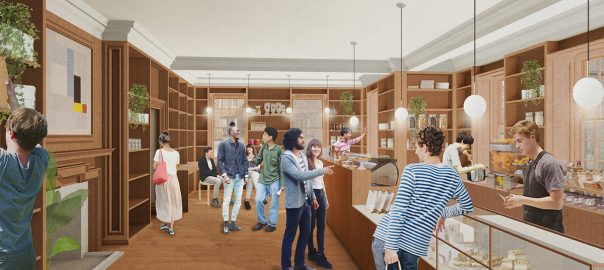
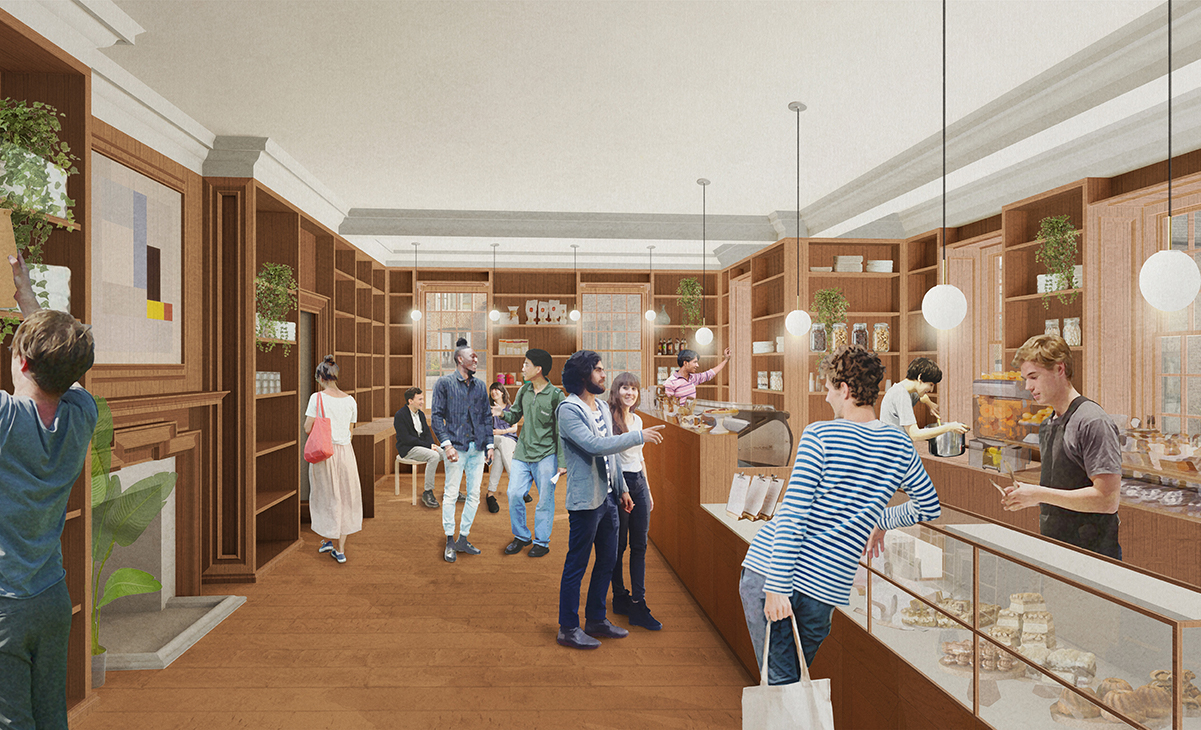
1984 was a momentous year for the College, with the admission of women as undergraduates to Pembroke. Read More
Student Experience
Pembroke students explain the benefits of the Mill Lane redevelopment for both undergraduates and graduates. Read More
An Interview with Pembroke Fellows
Dr Tim Weil and Dr Allegra Fryxell explain the academic benefits of the Mill Lane redevelopment.
Pembroke Soirée at the Royal Society
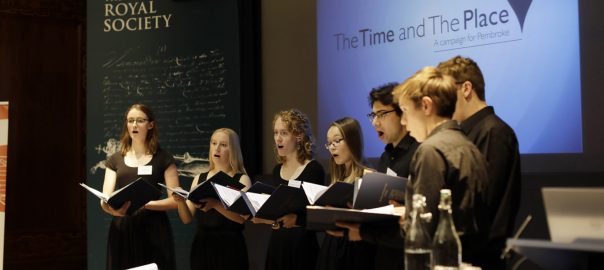
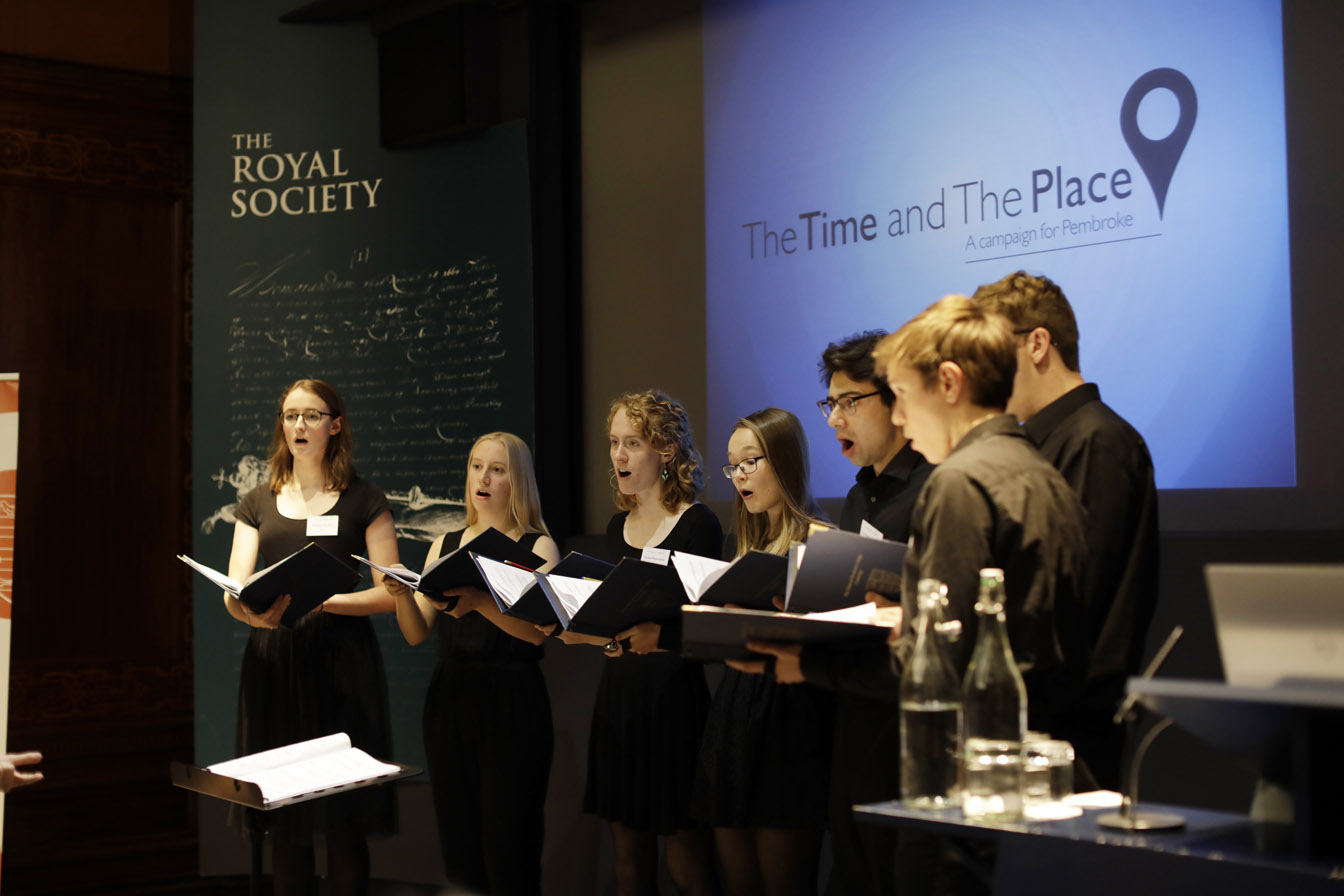
The sixth Pembroke Soirée took place at the Royal Society on 30 October 2019. Attended by 100 alumni, the evening was designed to give a snapshot of the vibrant intellectual and cultural life of Pembroke, and to demonstrate the impact that enhanced facilities and financial support can have. Read More
Every £1 you give is worth £2
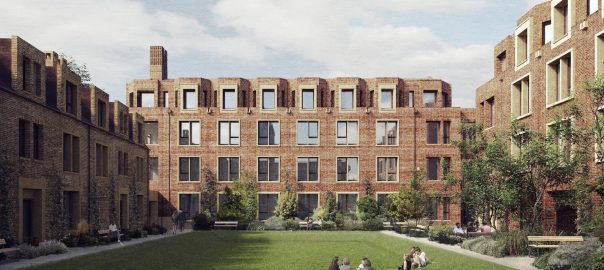
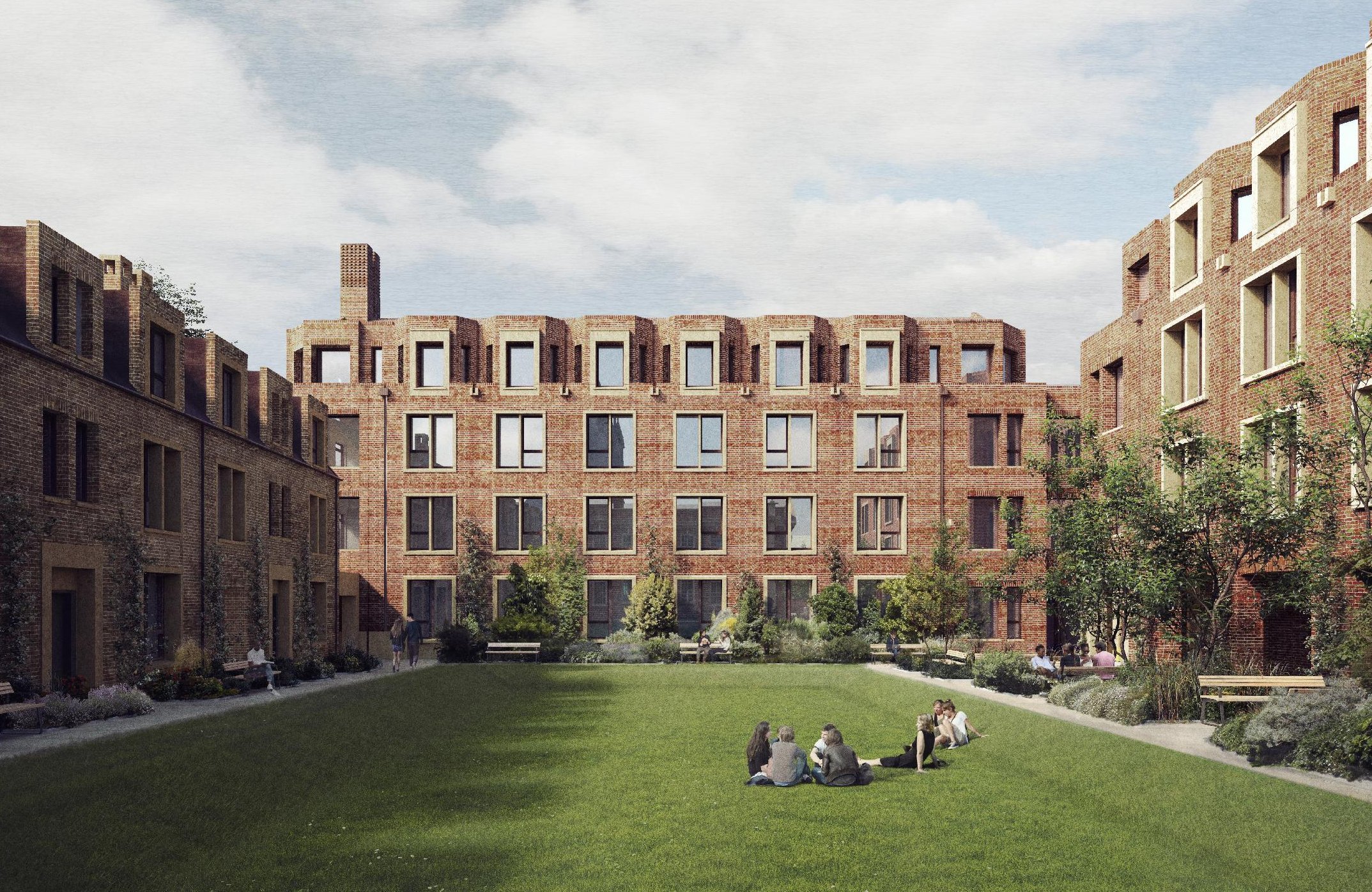
Dolby Matching Funds
The family of Ray Dolby has pledged to match every £1 donated with another £1 until 2023. This means that if we can raise £16 million over the next four years, they will donate a further £16m, which will complete the funding for the Mill Lane redevelopment. We are naturally very grateful to them. Read More

